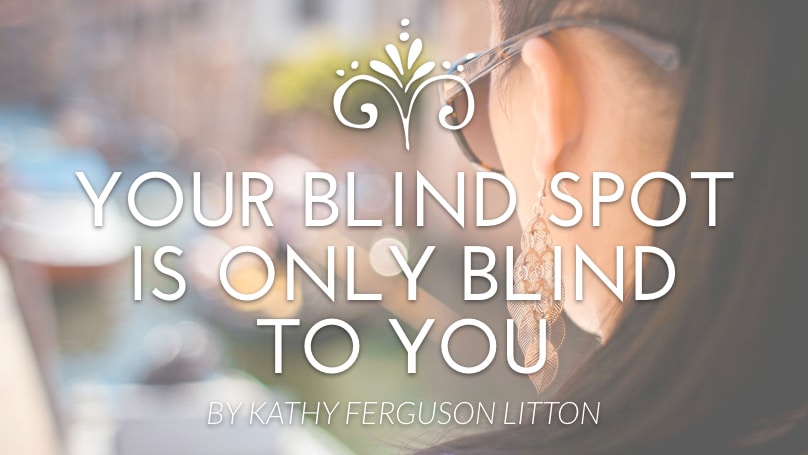Love: We are present, and we are practical
We hold out love by being the “hands and feet of Jesus,” which quite frankly I had trivialized because I had no idea of its power. Where did this language come from?
Christ has no body now but yours. No hands, no feet on earth but yours. Yours are the eyes through which He looks compassion on this world. Yours are the feet with which He walks to do good. Yours are the hands through which He blesses all the world. Yours are the hands, yours are the feet, yours are the eyes, you are his body. Christ has no body now on earth but yours. — Teresa of Avila
So then, how do we love?
1. We love by being present
Teresa said: “Yours are the eyes through which He looks compassion on this world.”
We demonstrate His compassion by showing up. Yes, just by showing up! Being present is a not small matter. In fact, it is almost everything.
You don’t need a plan; you just need to be present. — Bob Goff
Let’s go back to our struggle with “What do I say?” It’s OK to want a plan. We must understand that showing up is far more important than what we say. If we stay away because we feel uncomfortable or inadequate, we are demonstrating our comfort is more important than their pain. We are demonstrating that we love ourselves more than we love others.
But the kind of love that God created and demonstrated is a costly one because it involves sacrifice and presence. It’s a love that operates more like a sign language than being spoken outright. — Bob Goff
I love Bob’s words! It’s not what we say; it is the sign language of showing up.
2. We love by being practical
Teresa said: “Yours are the feet with which He walks to do good.”
Love is practical by doing good. Where did I really began to understand this?
Life was overwhelming as I was adjusting to widowhood. I struggled to manage single-parenting three kids and a household. One afternoon, young men in my small group had done my yard work, including scooping dog poop. I was in a fragile place emotionally and spiritually. When I discovered my tidy, clean back yard, I literally felt the love of God. Yes, He sent the people to meet my needs, and I deeply felt His love.
Tears streamed down my face as I looked up to heaven with a powerful “You see me” discovery, similar to Hagar in the Bible, who understood God saw her circumstances and didn’t forsake her. This practical, simple gesture strengthened my faith.
Our practical love for those in need reflects the Father’s heart and is part of how we image our Creator God. — Trillia Newbell
Being present means we see the practical needs of hurting, broken people — and then we get to be part of meeting those needs. We can marshal others to participate and encourage in this way: As the body of Christ we are His hands and feet.
Hope: We hold out hope when theirs is battered
Remembering Aquinas’ comment, “Hope with things that are not at hand.” God has promised “hope for your future” (Jer. 29:11), but for the people we encounter in suffering, that reality is not yet at hand. The drug addict who relapsed again, or the cancer that is still raging, or the husband who is still in deep, dark grief will need kind words.
We literally are “standing in between hope and despair” as Steven Curtis Chapman says in his song, “Hallelujah, You are Good.”
“We have this hope as an anchor for the soul, sure and strong. It enters behind the curtain in the most Holy place in Heaven” (Heb. 6:19).
There is a reason hope is an anchor, because it holds us as we are windblown, tossed, and battered by the storms of suffering. We may lose hope because things “are not at hand.” Yet God is not done with our story.
For people living in their “not yet,” we dispense hope by believing truth for them. “We must fix our gaze on things that cannot be seen” (2 Cor. 4:18).
We allow their hope to limp until the Spirit steps in to allow them to abound in hope.
“Now may the God of hope fill you with all joy and peace in believing, so that you will abound in hope by the power of the Holy Spirit” (Rom. 15:13).
So, faithfully, tenaciously, and lovingly hold out faith, hope, and love.
I believe these words by Joni Eareckson Tada. I have experienced them: “The greatest good suffering can do for me is to increase my capacity for God.”
So, as you encounter suffering people, let her words become your prayer. “Father let my presence, let my words, and let my help increase this soul’s capacity for You.”,
Published February 5, 2019

